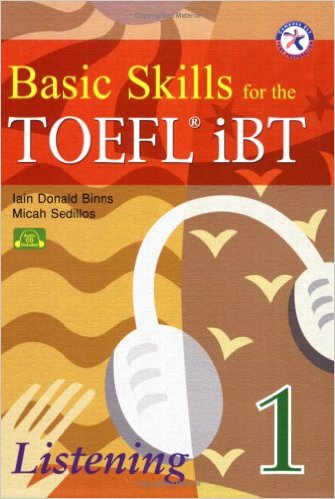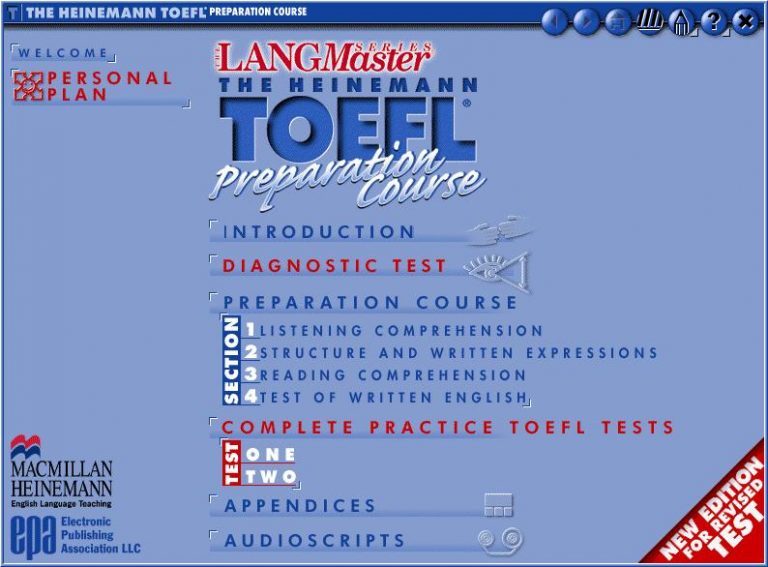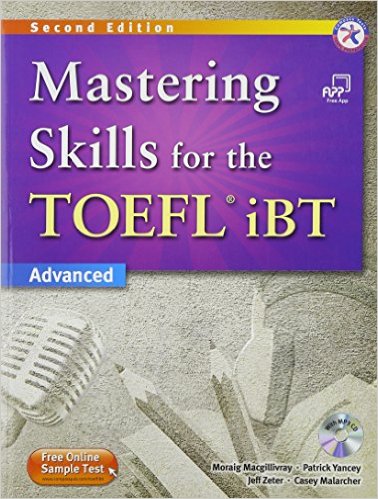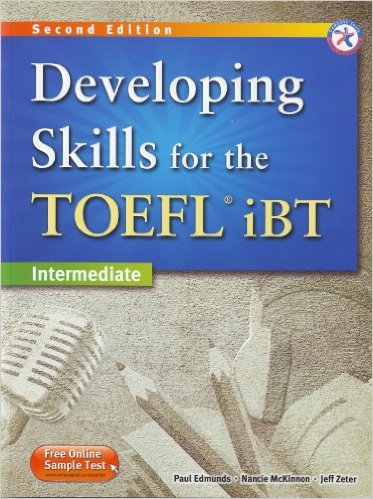Basic Skills for the TOEFL iBT 1, Listening Book (with 2 Audio CDs, Transcript & Answer Key) by
Basic Skills for the TOEFL iBT is a 3-level, 12-book test preparation series designed for beginning-level students of the TOEFL iBT. Each level consists of four books: Reading, Listening, Speaking, and Writing. Over the course of the series, students build on their current vocabulary to include common TOEFL and academic vocabulary. Students new to the test are also introduced to level-appropriate passages, lectures, conversations, and questions found on the TOEFL iBT.





